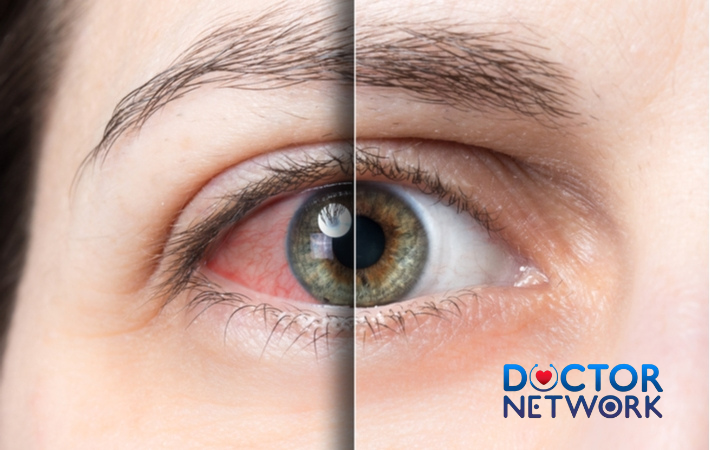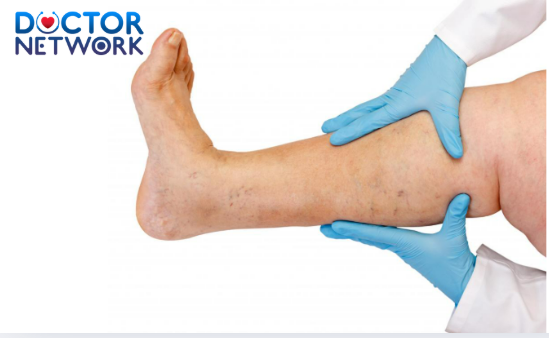What is the Dangerous GGT Index? Gamma-Glutamyl Transferase (GGT) is a crucial enzyme that is a sentinel for liver health and overall well-being. As a potent biomarker, elevated GGT levels can signal various health concerns, ranging from mild liver stress to severe hepatic dysfunction. This comprehensive guide delves into the intricacies of the GGT index, its interpretation, and the profound impact it can have on your health. We’ll explore the three critical levels of GGT elevation, their implications, and actionable steps to safeguard your liver function.
Understanding the GGT Index
What is the GGT Index?
The GGT index is a numerical representation of the amount of Gamma-Glutamyl Transferase in your bloodstream. This enzyme, primarily found in liver cells, plays a pivotal role in metabolizing drugs and other toxins. When liver cells are damaged or under stress, GGT leaks into the bloodstream, resulting in elevated levels detectable through a simple blood test.
| GGT Index Components | Description |
|---|---|
| Enzyme Name | Gamma-Glutamyl Transferase |
| Primary Location | Liver cells |
| Function | Drug and toxin metabolism |
| Detection Method | Blood test |
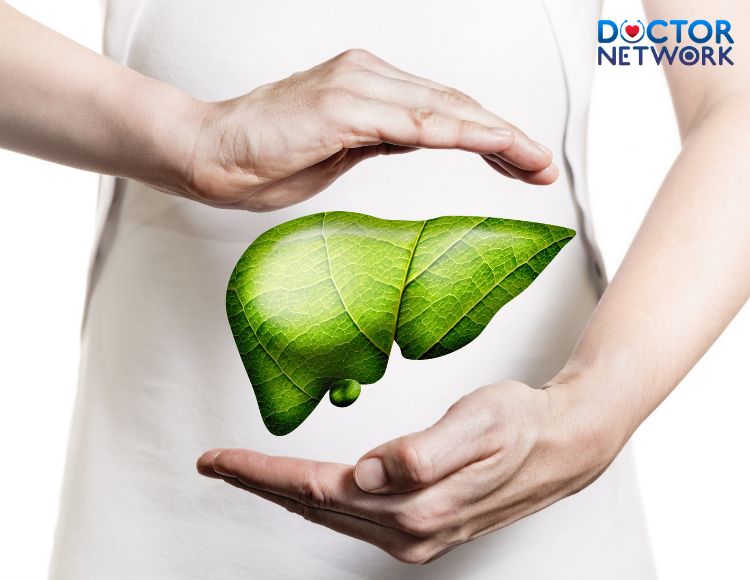 GGT is an enzyme that plays an important role in glutathione metabolism.
GGT is an enzyme that plays an important role in glutathione metabolism.
Normal GGT Levels and Variations
GGT levels can vary based on several factors, including age, sex, and ethnicity. Typically, men have higher GGT levels than women, and these levels tend to increase with age. Understanding your personal reference range is crucial for accurate interpretation of GGT test results.
- Typical GGT Ranges:
- Adult Men: 10-71 U/L
- Adult Women: 6-42 U/L
- Children: 5-32 U/L
Factors influencing GGT levels include:
- Alcohol consumption
- Certain medications (e.g., anticonvulsants, statins)
- Obesity
- Ethnicity
- Hormonal changes
What Does a High GGT Index Mean?
The 3 Levels of Influence of a High GGT Index
- Level 1: Mild Elevation (1-2 times the upper limit of normal)
- Possible causes: Moderate alcohol consumption, fatty liver disease, certain medications
- Implications: Early warning sign of liver stress, potential need for lifestyle modifications
- Level 2: Moderate Elevation (2-5 times the upper limit of normal)
- Potential complications: Chronic liver disease, alcohol abuse, hepatitis
- Concerns: Increased risk of cardiovascular disease, diabetes
- Level 3: Severe Elevation (more than 5 times the upper limit of normal)
- Serious conditions: Advanced liver disease, biliary obstruction, pancreatic disorders
- Urgent action: Immediate medical evaluation, comprehensive liver function tests
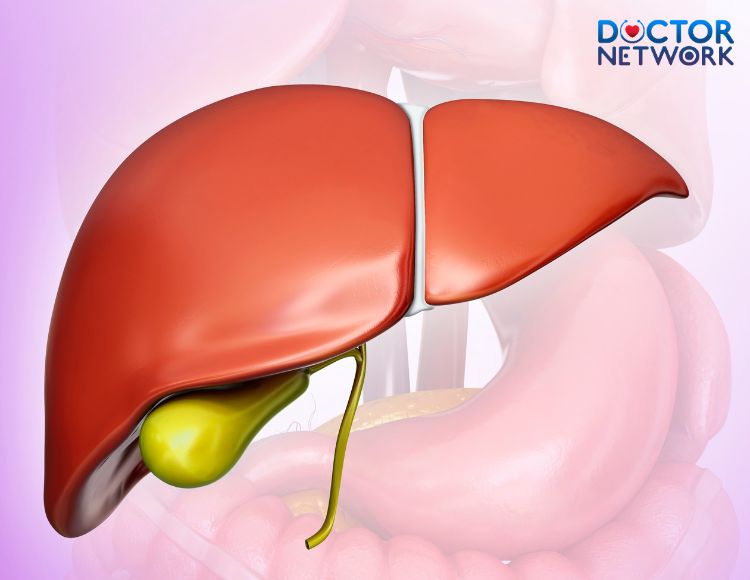 The danger of high GGT depends on the different levels of increase.
The danger of high GGT depends on the different levels of increase.
Common Reasons for Elevated GGT
Understanding the root causes of elevated GGT is essential for effective management and treatment. Here are some prevalent factors:
| Cause | Description | Severity Level |
|---|---|---|
| Alcohol Consumption | Regular, excessive drinking | Mild to Severe |
| Liver Disease | Hepatitis, cirrhosis, fatty liver | Moderate to Severe |
| Medications | Anticonvulsants, statins, oral contraceptives | Mild to Moderate |
| Metabolic Disorders | Diabetes, obesity, metabolic syndrome | Mild to Moderate |
The Impact of a High GGT Index on Your Health
How a High GGT Index Affects Liver Function
The liver, our body’s powerhouse, performs over 500 vital functions. Elevated GGT levels can signify compromised liver health, potentially impacting:
- Toxin filtration
- Protein synthesis
- Bile production
- Glucose regulation
- Vitamin and mineral storage
Chronic elevation of GGT may lead to:
- Hepatic inflammation
- Liver cell damage
- Fibrosis or scarring
- Reduced liver function capacity
The Connection Between GGT and Other Health Conditions
Elevated GGT isn’t just a liver issue—it’s a systemic concern. Research has linked high GGT levels to:
- Increased risk of cardiovascular events
- Development of type 2 diabetes
- Kidney dysfunction
- Higher incidence of certain cancers, including liver and colorectal cancer
What to Do If You Have a High GGT Index
Understanding Your Test Results
Interpreting GGT levels requires a holistic approach. Your healthcare provider will consider:
- Your complete blood count
- Other liver function tests (ALT, AST, ALP)
- Medical history and current symptoms
- Lifestyle factors and medication use
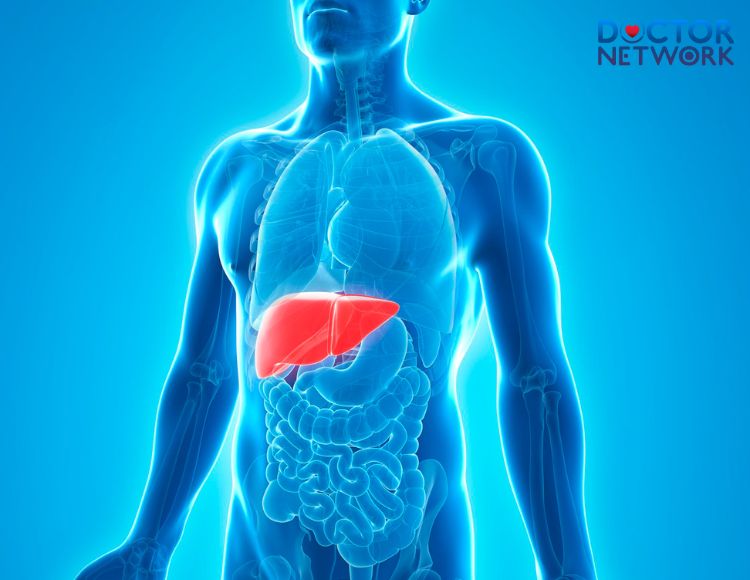
Identify and treat the root cause to treat GGT
Recommendations and Next Steps
If your GGT levels are elevated, consider these actionable steps:
- Lifestyle Modifications:
- Limit or abstain from alcohol
- Adopt a liver-friendly diet rich in antioxidants
- Increase physical activity
- Maintain a healthy weight
- Medical Evaluation:
- Comprehensive liver function tests
- Imaging studies (ultrasound, CT, or MRI)
- Potential liver biopsy in severe cases
- Treatment Options:
- Address underlying causes (e.g., alcohol cessation, medication adjustments)
- Manage related conditions (diabetes, heart disease)
- Consider liver-protective supplements under medical supervision
Preventing a High GGT Index
Key Strategies to Protect Liver Health
Proactive liver care is crucial for maintaining optimal GGT levels and overall health:
- Maintain a Healthy Weight: Excess body fat, especially around the abdomen, can lead to fatty liver disease and elevated GGT.
- Regular Exercise: Aim for at least 150 minutes of moderate-intensity aerobic activity per week to boost liver function and overall metabolism.
- Balanced Diet: Focus on:
- Fruits and vegetables rich in antioxidants
- Whole grains and lean proteins
- Omega-3 fatty acids from fish or plant sources
- Limited processed foods and saturated fats
- Limit Alcohol Consumption: If you drink, do so in moderation. For some individuals, complete abstinence may be necessary.
- Be Aware of Drug Interactions: Consult your healthcare provider about potential medication effects on liver function and GGT levels.
Frequently Asked Questions about “What is the Dangerous GGT Index?”
- How quickly can GGT levels change, and how often should I get tested?
Answer: Gamma-Glutamyl Transferase (GGT) levels can change relatively quickly in response to liver stress or damage. In cases of acute liver injury or alcohol consumption, GGT levels may rise within days. Conversely, when the underlying cause is addressed, GGT levels can begin to decrease within weeks.
For individuals with known liver conditions or risk factors:
- Initial testing may be recommended every 3-6 months
- Once levels stabilize, annual testing is often sufficient
For those without liver concerns:
- GGT testing may be part of routine health screenings every 1-3 years
Always consult with your healthcare provider for personalized recommendations, as testing frequency can vary based on individual health profiles and risk factors.
- Can medications affect my GGT levels, and should I stop taking them if my levels are high?
Answer: Yes, certain medications can influence GGT levels. Common medications that may elevate GGT include:
- Anticonvulsants (e.g., phenytoin, carbamazepine)
- Statins for cholesterol management
- Some antibiotics
- Oral contraceptives
- Non-steroidal anti-inflammatory drugs (NSAIDs)
It’s crucial to never stop prescribed medications without consulting your healthcare provider. If you have elevated GGT levels:
- Inform your doctor about all medications you’re taking, including over-the-counter drugs and supplements
- Your healthcare provider may consider adjusting dosages or switching to alternative medications
- In some cases, the benefits of the medication may outweigh the temporary elevation in GGT
Remember, GGT elevation due to medications is often reversible once the medication is discontinued or adjusted under medical supervision.
- What lifestyle changes can I make to lower my GGT levels naturally?
Answer: Several lifestyle modifications can help lower GGT levels naturally:
- Limit alcohol consumption: Alcohol is a significant contributor to elevated GGT. Consider reducing intake or abstaining completely.
- Maintain a healthy weight: Obesity and fatty liver disease are associated with higher GGT levels. Aim for a BMI within the healthy range of 18.5-24.9.
- Exercise regularly: Engage in at least 150 minutes of moderate-intensity aerobic activity per week. This can help improve liver function and overall metabolism.
- Adopt a liver-friendly diet:
- Increase intake of antioxidant-rich fruits and vegetables
- Choose whole grains over refined carbohydrates
- Incorporate lean proteins and healthy fats (e.g., omega-3 fatty acids)
- Limit processed foods and saturated fats
- Manage stress: Chronic stress can impact liver health. Practice stress-reduction techniques like meditation, yoga, or deep breathing exercises.
- Stay hydrated: Adequate water intake supports liver function and helps flush toxins from the body.
- Avoid environmental toxins: Minimize exposure to harmful chemicals in cleaning products, pesticides, and air pollution when possible.
Implementing these changes can significantly impact your GGT levels and overall liver health. Always consult with a healthcare professional before making drastic lifestyle changes, especially if you have underlying health conditions.
- Are there any natural supplements that can help lower GGT levels?
Answer: While a healthy diet should be the primary focus, some natural supplements have shown potential in supporting liver health and potentially lowering GGT levels:
- Milk Thistle (Silymarin): Known for its hepatoprotective properties, milk thistle may help reduce liver inflammation and promote liver cell regeneration.
- N-Acetyl Cysteine (NAC): This antioxidant precursor to glutathione may support liver detoxification processes.
- Turmeric (Curcumin): Its anti-inflammatory and antioxidant properties may benefit liver health.
- Alpha-Lipoic Acid: This antioxidant has shown promise in protecting liver cells from damage.
- Green Tea Extract: Rich in catechins, it may help reduce fat accumulation in the liver.
Important considerations:
- Efficacy and optimal dosages of these supplements for GGT reduction are still being researched
- Supplements can interact with medications and may not be suitable for everyone
- Always consult with a healthcare provider before starting any new supplement regimen, especially if you have liver concerns or are taking medications
Remember, supplements should complement, not replace, a healthy lifestyle and any prescribed medical treatments.
- How does a high GGT index relate to cancer risk, and what can I do to mitigate this risk?
Answer: Elevated Gamma-Glutamyl Transferase (GGT) levels have been associated with an increased risk of certain cancers, particularly:
- Liver cancer
- Colorectal cancer
- Breast cancer
- Prostate cancer
The relationship between high GGT and cancer risk is complex and not fully understood. Possible mechanisms include:
- GGT’s role in cellular antioxidant systems
- Its involvement in inflammatory processes
- Potential interactions with carcinogenic compounds
To mitigate cancer risk associated with high GGT:
- Address underlying causes: Work with your healthcare provider to identify and treat the root cause of elevated GGT (e.g., liver disease, alcohol use).
- Regular screening: Follow recommended cancer screening guidelines, especially if you have persistently high GGT levels.
- Lifestyle modifications:
- Maintain a healthy weight
- Engage in regular physical activity
- Adopt a diet rich in fruits, vegetables, and whole grains
- Limit alcohol consumption
- Avoid tobacco use
- Manage related conditions: Control other risk factors like diabetes, hypertension, and obesity.
- Antioxidant-rich diet: Consume foods high in antioxidants to combat oxidative stress.
- Stay informed: Keep up with regular check-ups and discuss any concerns with your healthcare provider.
It’s important to note that while high GGT is associated with increased cancer risk, it is not a direct cause of cancer. Many individuals with elevated GGT do not develop cancer, and the index should be considered alongside other risk factors and health markers.
Always consult with healthcare professionals for personalized risk assessment and prevention strategies based on your individual health profile and GGT levels.
Scientific Research about “What is the Dangerous GGT Index?”
- “The Gamma-Glutamyl Transferase to Platelet Ratio (GPR) predicts significant liver fibrosis and cirrhosis in patients with chronic HBV infection in West Africa” by Lemoine et al., published in Gut in 2016. This study explored the use of GGT levels in combination with platelet count as a non-invasive marker for liver fibrosis.
- “Gamma-Glutamyltransferase and Long-Term Survival: Is It Just the Liver?” by Ruttmann et al., published in Clinical Chemistry in 2005. This large-scale study investigated the relationship between GGT levels and long-term mortality from various causes.
- “Association between serum gamma-glutamyltransferase and cardiovascular mortality varies by age: the Minnesota Heart Survey” by Lee et al., published in European Journal of Cardiovascular Prevention & Rehabilitation in 2009. This study examined how the relationship between GGT and cardiovascular mortality changes with age.
- “Gamma-Glutamyltransferase and Risk of Future Dementia in Middle-Aged to Older Finnish Men: A New Prospective Cohort Study” by Kunutsor et al., published in Alzheimer’s & Dementia in 2016. This research explored the potential link between GGT levels and dementia risk.
- “Serum γ-glutamyltransferase and risk of type 2 diabetes mellitus in men and women from the general population” by Lee et al., published in Diabetologia in 2004. This study investigated the relationship between GGT levels and the development of type 2 diabetes.
Conclusion
The Significance of GGT Testing
GGT testing serves as a vital tool in assessing liver health and overall well-being. By understanding the three levels of GGT elevation—mild, moderate, and severe—you can take appropriate action to protect your liver and prevent potential health complications.
Taking Control of Your Liver Health
Empowerment through knowledge is key. Regular check-ups, lifestyle modifications, and prompt attention to elevated GGT levels can significantly impact your long-term health outcomes. Remember, your liver is resilient—with proper care and attention, it has a remarkable ability to heal and regenerate.
Seek Professional Guidance for Accurate Diagnosis and Treatment
While this guide provides comprehensive information on the GGT index, it’s crucial to consult with healthcare professionals for personalized advice. They can provide tailored recommendations based on your unique health profile and help you navigate the path to optimal liver function and overall wellness.By staying informed and proactive about your GGT levels, you’re taking a significant step towards safeguarding your health and vitality for years to come.
References
https://www.vinmec.com/eng/article/what-causes-high-ggt-index-en
https://www.vinmec.com/eng/article/are-high-ggt-and-cyfra-readings-dangerous-en
https://www.medichecks.com/blogs/biomarkers/what-is-ggt
Kiểm Duyệt Nội Dung
More than 10 years of marketing communications experience in the medical and health field.
Successfully deployed marketing communication activities, content development and social networking channels for hospital partners, clinics, doctors and medical professionals across the country.
More than 6 years of experience in organizing and producing leading prestigious medical programs in Vietnam, in collaboration with Ho Chi Minh City Television (HTV). Typical programs include Nhật Ký Blouse Trắng, Bác Sĩ Nói Gì, Alo Bác Sĩ Nghe, Nhật Ký Hạnh Phúc, Vui Khỏe Cùng Con, Bác Sỹ Mẹ, v.v.
Comprehensive cooperation with hundreds of hospitals and clinics, thousands of doctors and medical experts to join hands in building a medical content and service platform on the Doctor Network application.















